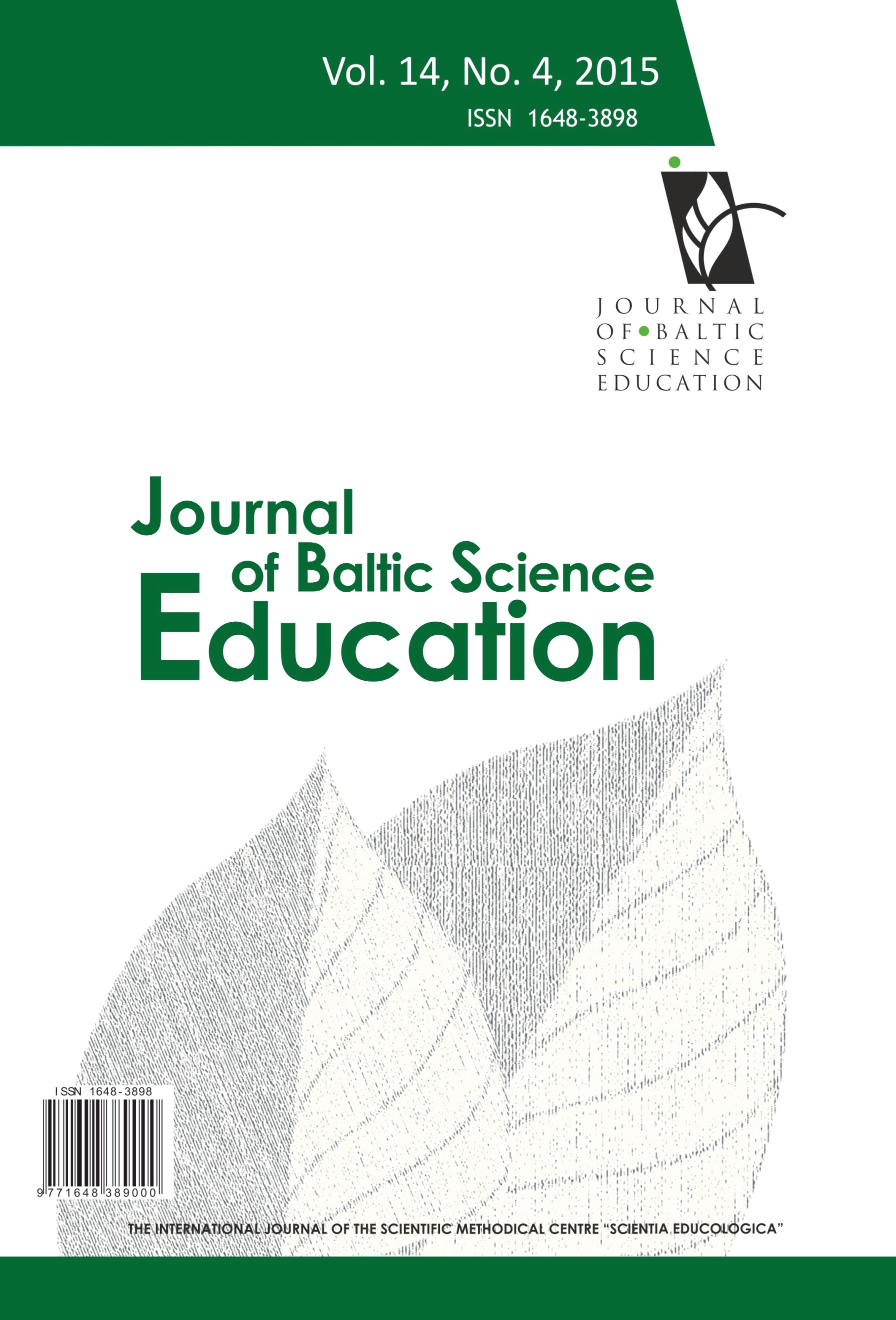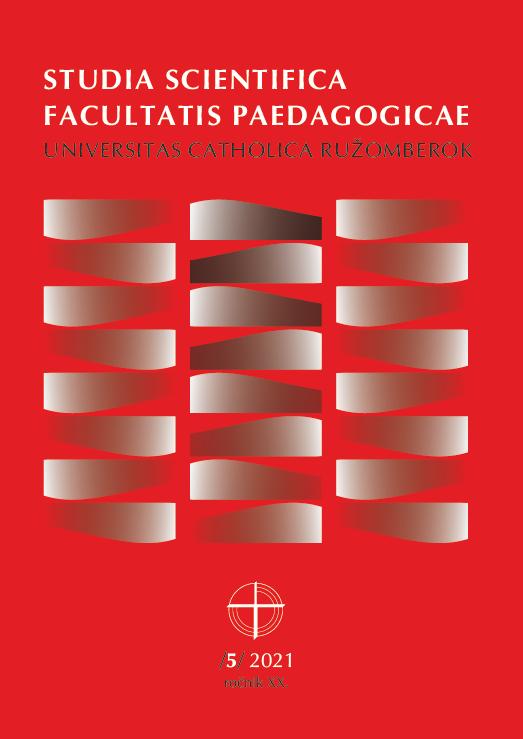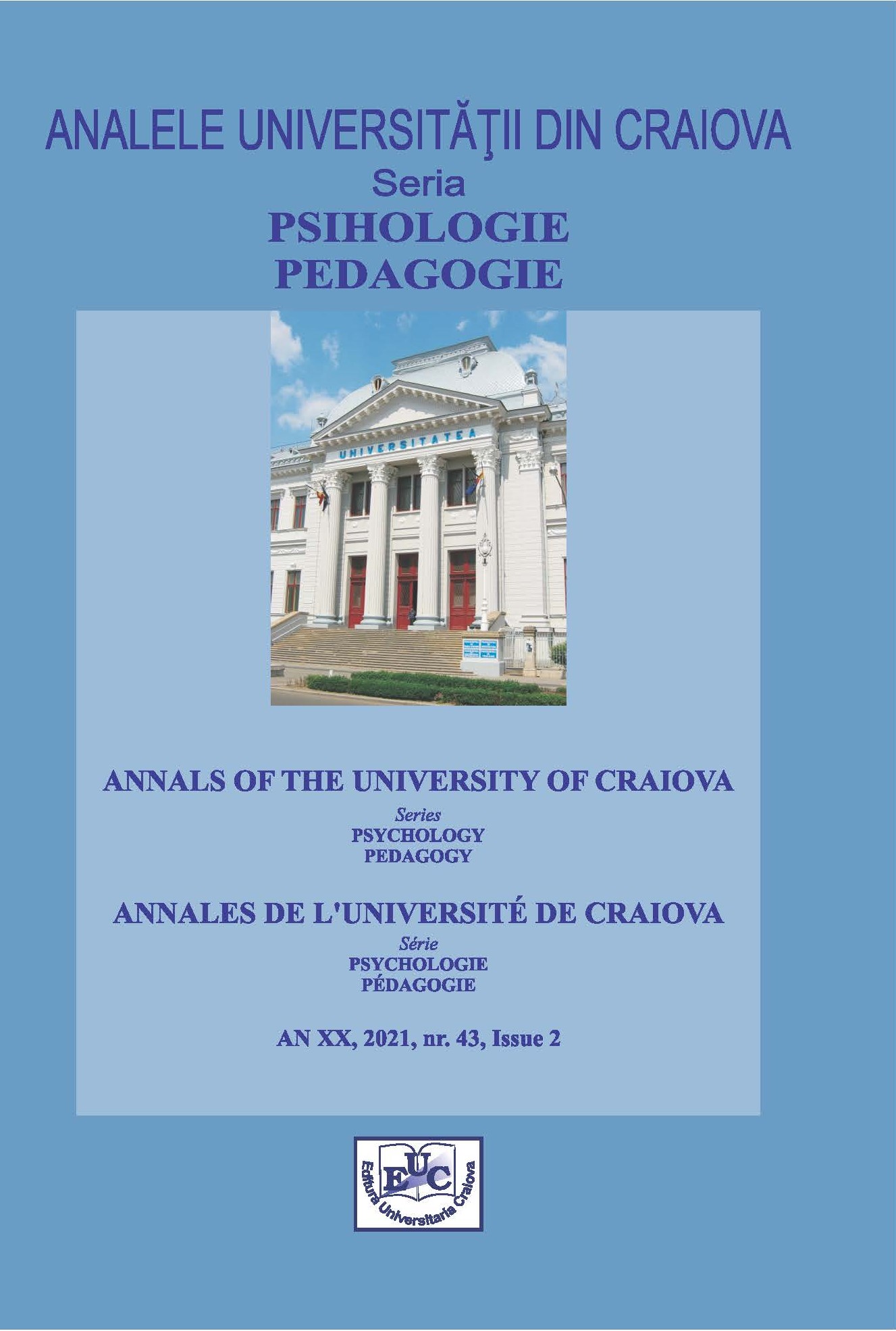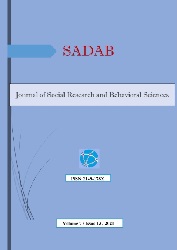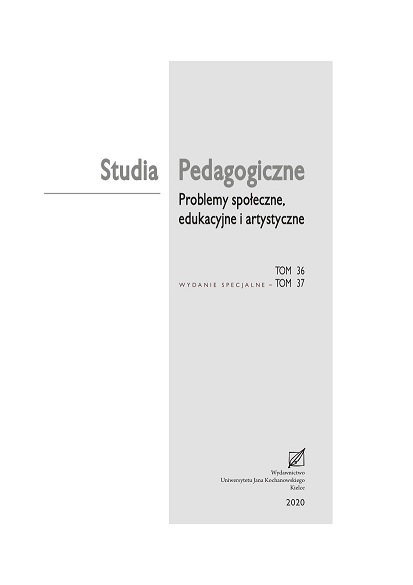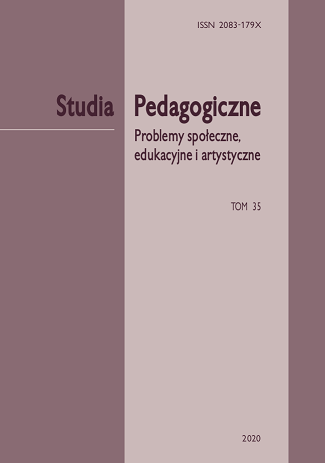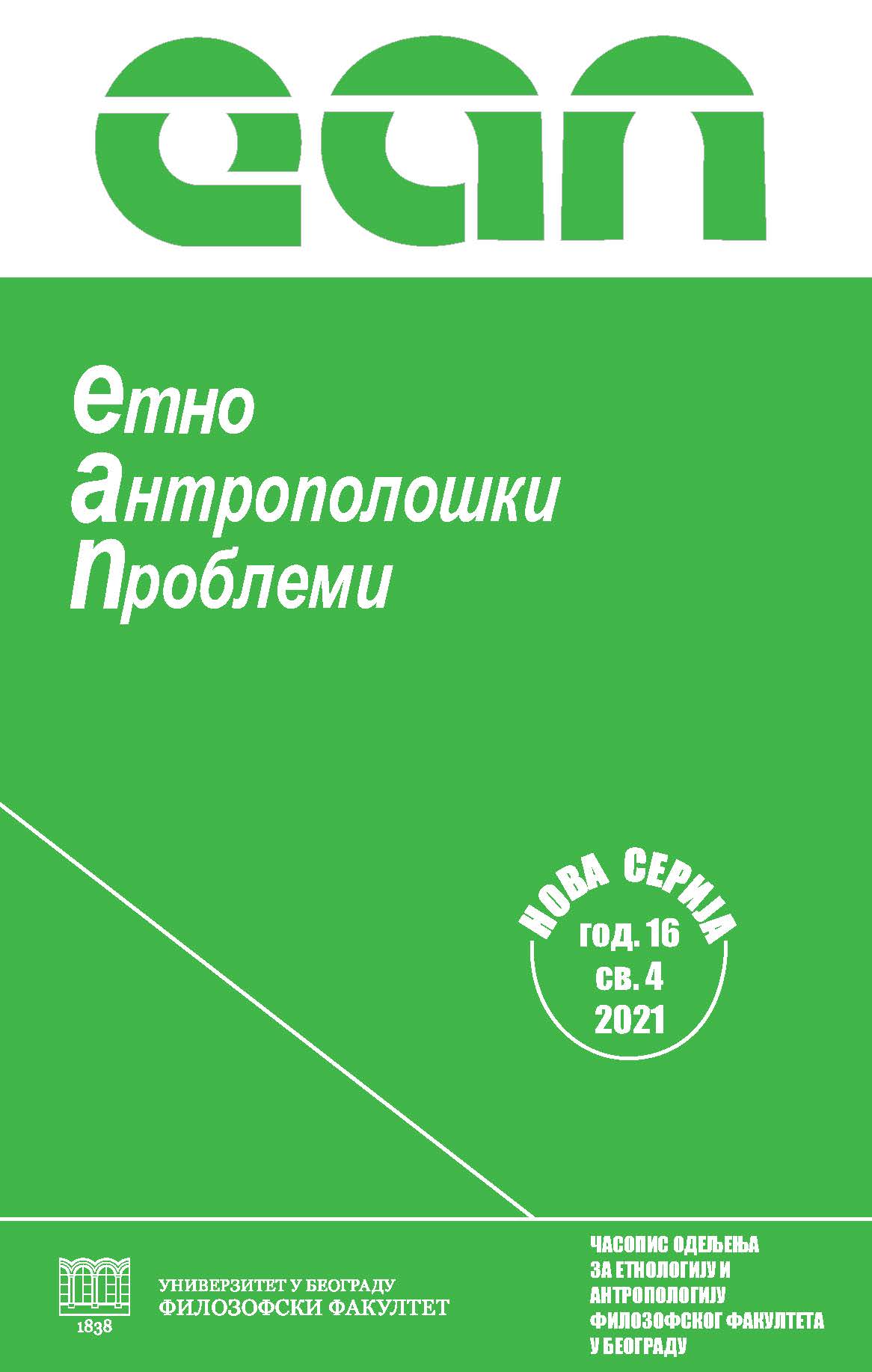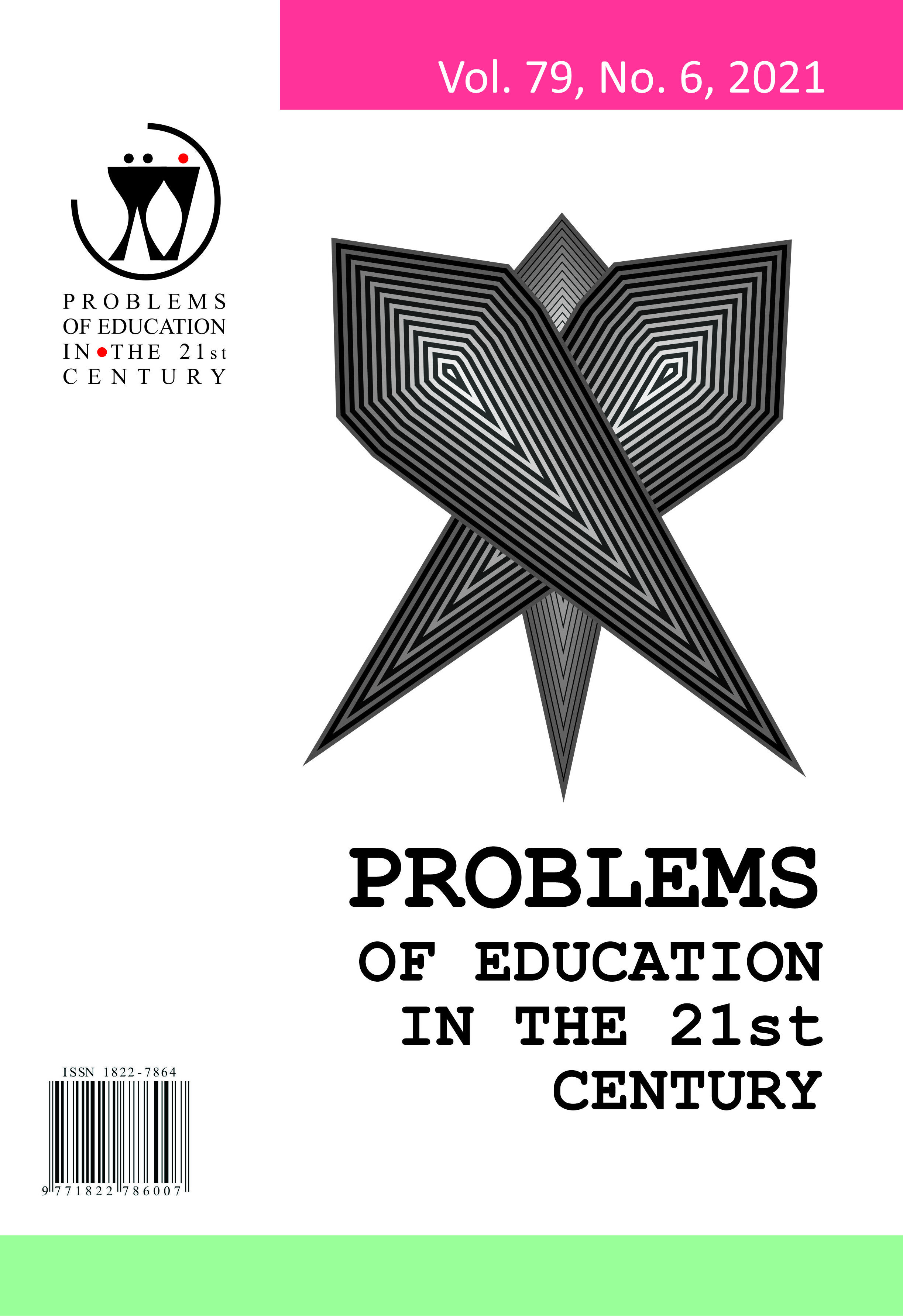
EXAMINING EMPLOYMENT QUALITY AMONG FEMALE IMMIGRANT TRAINEES IN TAIWAN
This study examined a proposed model of employment quality among female immigrants after their participation in vocational training in Taiwan, drawing on the developmental-contextual model of career development. It simultaneously tested the relationship between the distal contextual variable (i.e., perceived Taiwanese attitudes toward immigrant women (PTAs)), proximal contextual variables (i.e., vocational training experiences (VTEs) and social support (SS)), the individual-level variable (i.e., self-perceived employability (SPE)), and employment quality (EQ) in the model. A questionnaire survey was conducted among 447 female immigrant trainees who had worked for over 6 months after vocational training in Taiwan. The results supported the proposed model based on the developmental-contextual approach, which explained 56.9% of the variance in EQ. The results further revealed that PTAs positively affected SPE, VTEs and SS. In turn, VTEs and SS positively directly and indirectly affected EQ through their impacts on SPE, and SPE positively influenced EQ. The three most important factors that determined the EQ of immigrant women who participated in vocational training were VTEs, SPE, and PTAs.
More...
